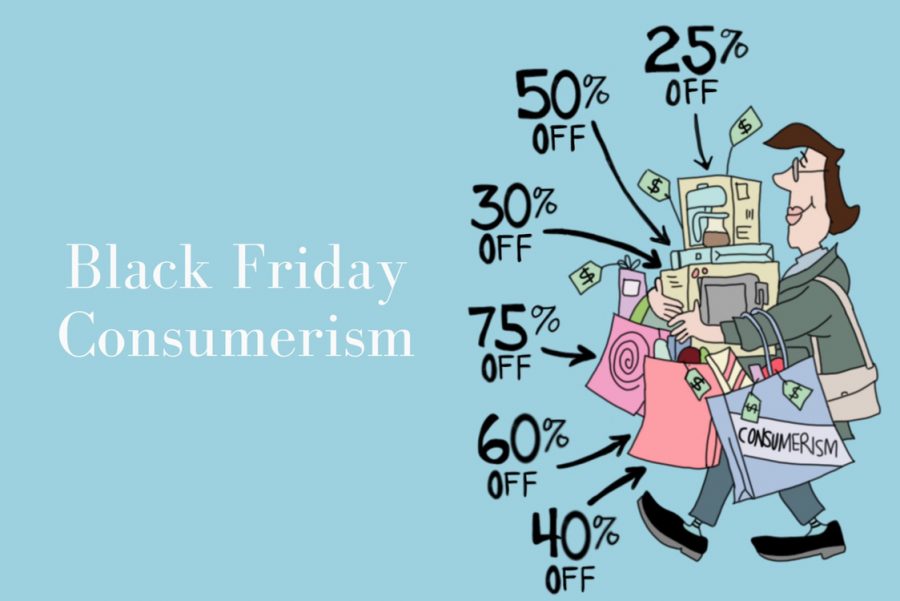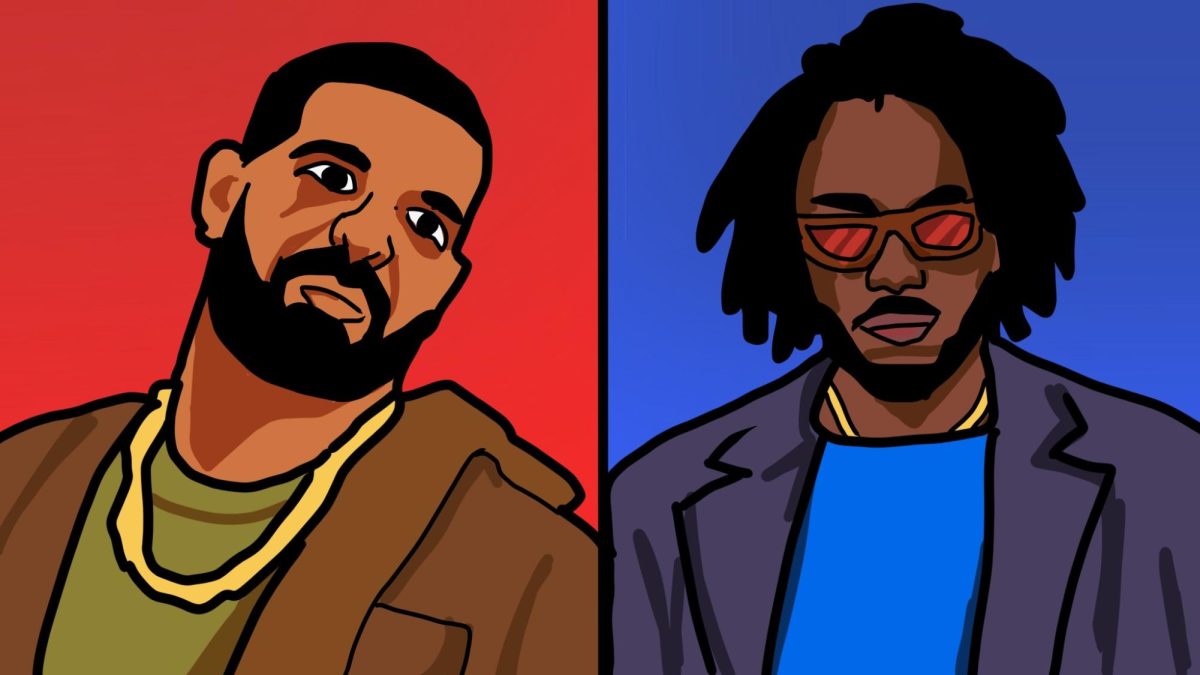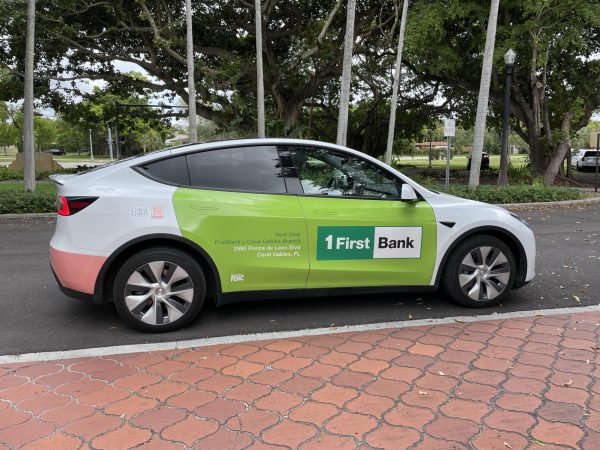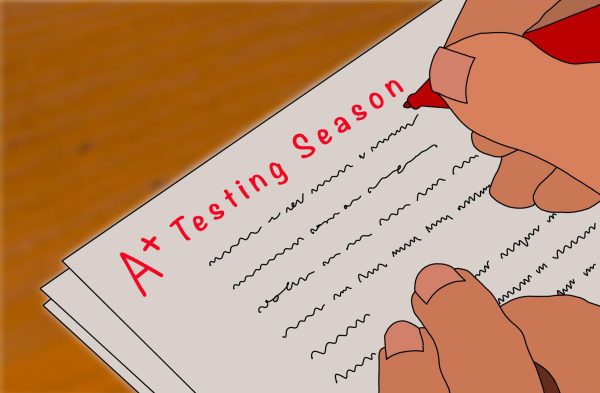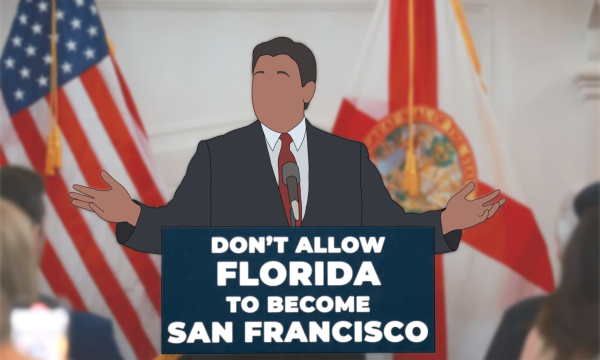Is the Beloved Black Friday Holiday Aiding Excessive Consumerism?
Since the 1960s, Black Friday has been promoting consumerism that can have severe environmental impacts.
Dec 15, 2021
Often considered the day when all hell breaks loose, Black Friday is a day when Americans spend loads of money while scavenging to find the best deals. For decades, this tradition has had people pulling all-nighters and physically running to malls to find good bargains. However, there is an ongoing concern as to whether this holiday is even worth it. Black Friday has been used for years as a holiday to promote consumption to extreme levels with prices that undergo little to no change in reality. So what is this holiday really about?
The first Black Friday dates back to the 1960s, when shoppers from all over the nation flocked to Philadelphia for their heavily promoted deals the day after Thanksgiving. People took to the streets, ready to shop the deals. Perhaps what was most enticing about this holiday was the ability to purchase all one’s Christmas presents for half the price. From then on, the holiday has been picked up by the whole nation and has become a way for retailers to try and attract shoppers.
Though it seems like the most perfect time to get that dress you have been wanting or that TV, the problem with holidays like Black Friday and Cyber Monday are that they have become the most polluting shopping days of the year. With bargains that are hard to turn down, brands encourage consumers to continue spending money, promoting the overwhelming message of overconsumption.
After all, studies have shown that 80% of items bought on Black Friday end up being thrown away after little use, proving the impulsivity that comes with sales like these. Big corporations will continue to seize the opportunity to make cash by rapidly producing and selling items at the expense of people and our planet. It is as if fast fashion is having a holiday of its own.
“I actually can’t remember a time when I bought something on Black Friday and have actually used it. Most of the time they’ve been impulsive buys or gifts,” sophomore Isabella Morales said.
The United States Post Office estimates they will be in charge of sending out between 900 million and 15 billion packages between Thanksgiving and New Year’s Day, most being from the weekend following Thanksgiving.
All the overproducing, buying and shipping that make up these holidays have detrimental effects. In 2020 alone, over 429,000 tons of carbon emissions were emitted into the atmosphere, just from online Black Friday shopping in the UK. For perspective, that is equivalent to the weight of 61,308 elephants. Enormous amounts of carbon emissions are produced on this annual event that create long lasting detrimental effects.
“I’m actively trying to be a better shopper. I’ve turned to thrift stores as they are much more sustainable,” junior Audrey Simon said.
As a consumer, rather than excessively buying “goods,” we can focus on ethical consumerism. That means buying from local ethical brands, thrifting or just being environmentally conscious; it will go a long way in helping end the wasteful culture we have come to know and even love.


